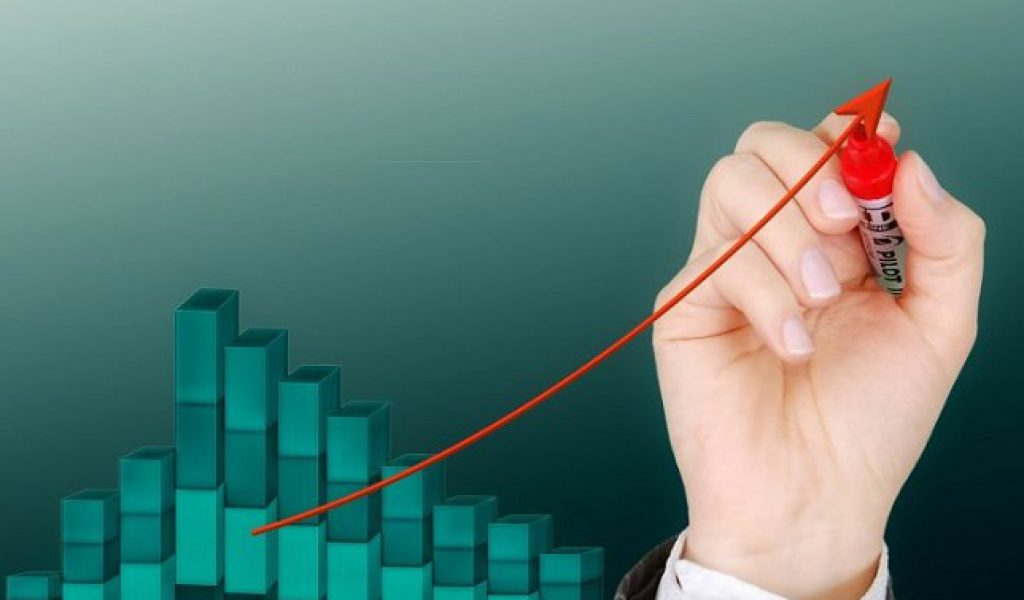Emerging markets corporate debt: coming of age
Here’s an asset class that continues to defy the odds. Despite concerns of high debt levels, growing geopolitical risks and sluggish global growth, emerging markets (EM) corporate debt has once again delivered another year of impressive results.
This year sees a continuation of many of the same challenges, not least the uncertainty over what Donald Trump’s US presidency will look like. Anyone hoping that Trump’s campaign promises were just talk won’t have been overly encouraged by his first week in the White House. The Republican has already signed two proclamations, seven executive orders and seven presidential memoranda. His decision to ban the entry of citizens from seven predominantly Muslim countries has ruffled more than a few international feathers, while his pledge to renounce the Trans-Pacific Partnership (TPP) trade deal – a signature policy of Obama – has also raised eyebrows.









